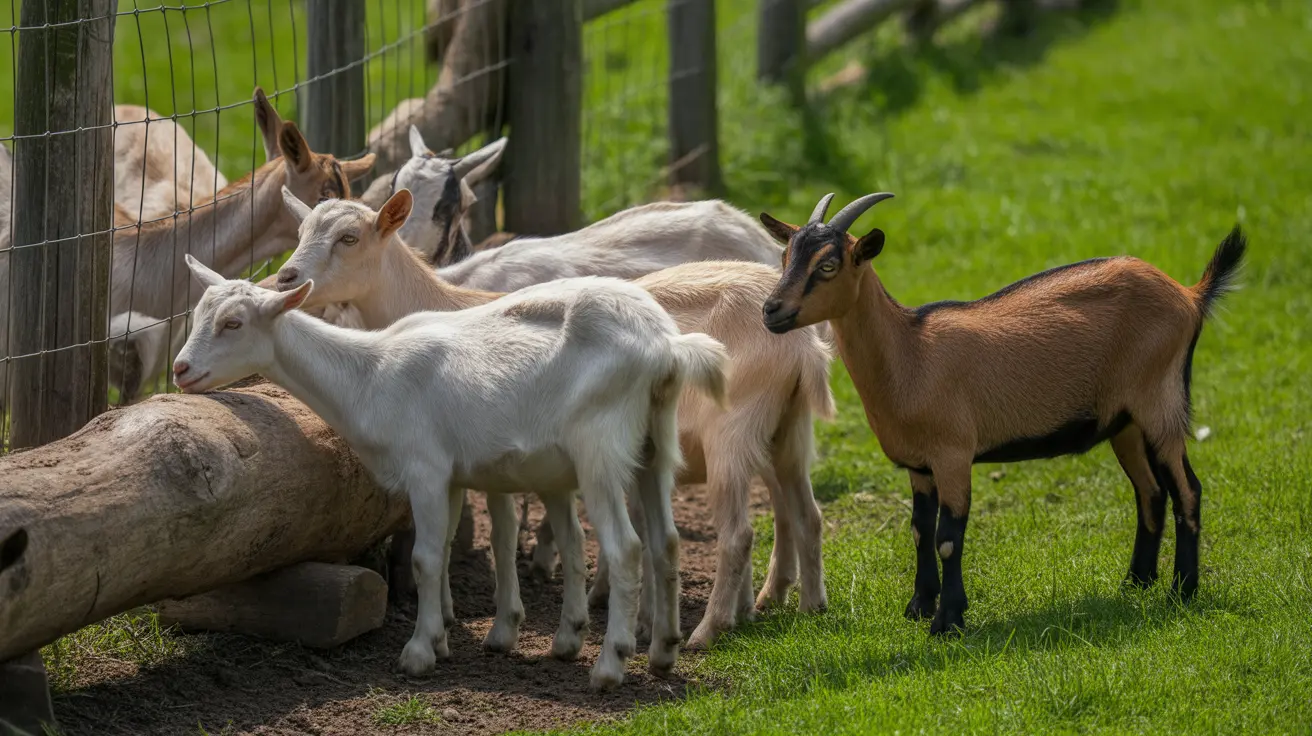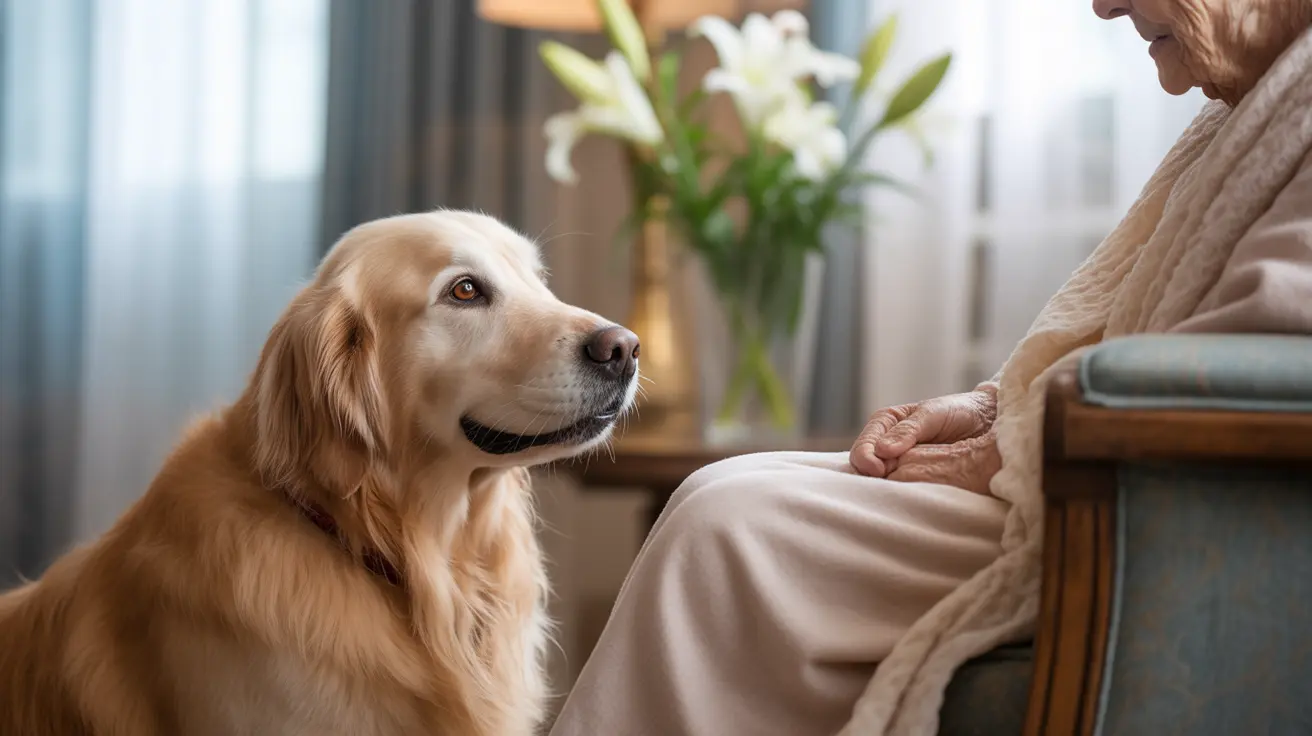Can Dogs Judge a Person's Character?
Many pet owners have experienced their dog reacting negatively towards certain individuals while being warm and friendly to others. This behavior has sparked curiosity—can dogs actually judge a person’s character? Scientific research and anecdotal evidence suggest that dogs possess remarkable sensitivity to human behavior and emotions, enabling them to form social judgments about people.
Dogs Experience the World Differently
- Smell: Dogs have around 300 million scent receptors compared to a human's 6 million.
- Vision: While they see fewer colors, they perceive high contrast and have a broader field of peripheral vision.
- Hearing: Dogs hear higher frequencies than humans.
- Touch: Their fur and skin help process contacts and signals during interactions.
These enhanced senses allow dogs to perceive emotions, physiological changes, and even illness.
Emotional Synchronicity and Sensory Perception
Dogs are capable of detecting subtle changes in human emotion such as sadness, anxiety, or anger by noticing differences in:
- Voice tone and speech pattern
- Posture and movement
- Personal scent changes linked to hormonal shifts
In fact, dogs often mirror their owner's feelings and may share synchronized stress levels with them.
Judging Based on Human Interaction
Scientific studies back the claim that dogs observe social interactions and make judgments accordingly. In one study, dogs watched their owners seek help from strangers. When someone refused to assist, dogs were less inclined to accept treats from that person than from someone who did help.
This indicates that dogs not only perceive behavior but also respond based on social norms like kindness and cooperation.
Behavioral Cues and Body Language
Dogs are experts at interpreting human body language. They can detect:
- Subtle body movements or changes in stance
- Adrenaline levels through scent
- Pheromonal changes signaling emotional states such as fear or aggression
Their vomeronasal organ allows them to perceive chemical signals and moods. Some dogs even detect medical issues like cancer or diabetic episodes through scent recognition.
Mirroring Owner’s Perceptions
Dogs also react to the emotional state of their owner. If a person triggers discomfort or anxiety in the owner, the dog may reinforce that reaction. This suggests dogs don't always judge independently but collaboratively react based on their owner's cues.
Anecdotal Evidence and Real-Life Experiences
Countless stories corroborate the science. Owners describe dogs growling, hiding, or barking at people who later revealed negative intentions. On the flip side, dogs occasionally show affection toward individuals who later proved to be trustworthy.
Factors Influencing Canine Judgement
Several variables affect a dog's capacity to judge a person's character:
- Temperament: Some breeds are naturally more cautious or alert.
- Training: Dogs trained in detection or therapy often have heightened sensitivity.
- Experience: Past traumas or interactions with people shape future reactions.
- Socialization: Well-socialized dogs may be more discerning in unfamiliar situations.
These traits mean not all dogs will react the same way to the same person.
Understanding Your Dog’s Signals
Owners should observe their dog's behavior and reactions closely. While dogs can offer valuable insights through their instincts, it’s crucial to consider broader context. Behavioral shifts can stem from environmental factors, past encounters, or even the dog’s current health.
Conclusion
While dogs may not 'judge' character in the moral or philosophical sense, their advanced sensory perception and social intelligence enable them to assess behavior, emotional states, and intent. Their reactions to people—whether friendly or wary—are shaped by a spectrum of cues.
Ultimately, your dog’s instincts might serve as a helpful barometer, warning you of dangerous behavior or affirming trustworthy bonds. To make the most of this connection, it's important to strengthen the bond with your dog through continued training, observation, and trust in their natural abilities.





